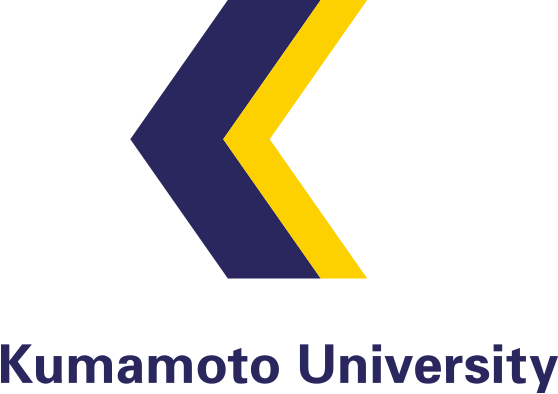Pre-Departure
1.Visa and Residential Status
A foreign national wishing to enter Japan must receive a valid passport issued by the government of his/her own country, with a visa issued by the head of the Embassy or Consulate-General of Japan. An application for this visa must be made by the applicant (international researchers) in person at the Japanese Embassy/Consulate-General. The documents required for the visa application will differ depending on whether the purpose of travel is Work or Long-Term Stay or Short-Term Stay.Simply described, residential status indicates the status granted, and the activities foreign nationals can engage in while in Japan. For a Work or Long-Term Stay visit (in cases where you do research at Kumamoto University under an agreement with KU or another public organization, including under an employment agreement), your status of residence will likely be Professor, Designated Activities, or Cultural Activities. The status of residence of your family members will be Dependent (family stays). In these cases, the accepting university can apply for Certificate of Eligibility in Japan for you before you come to Japan. Submitting this Certificate to the Japanese Embassy/Consulate-General abroad when applying for visa will expedite your visa approval process.
The residential status of foreign nationals who intend to stay in Japan for a short period of time will be Short-Term Stay (for example, when one participates in a symposium or other short-term activity for which they will not receive compensation). Since a Certificate of Eligibility cannot be applied to this status, international researchers should apply by themselves for a visa at a Japanese Embassy/Consulate-General abroad. However, nationals and citizens of countries or regions that have a visa exemption agreement with Japan do not need to obtain visas to enter Japan under a Short-Term Stay status.

